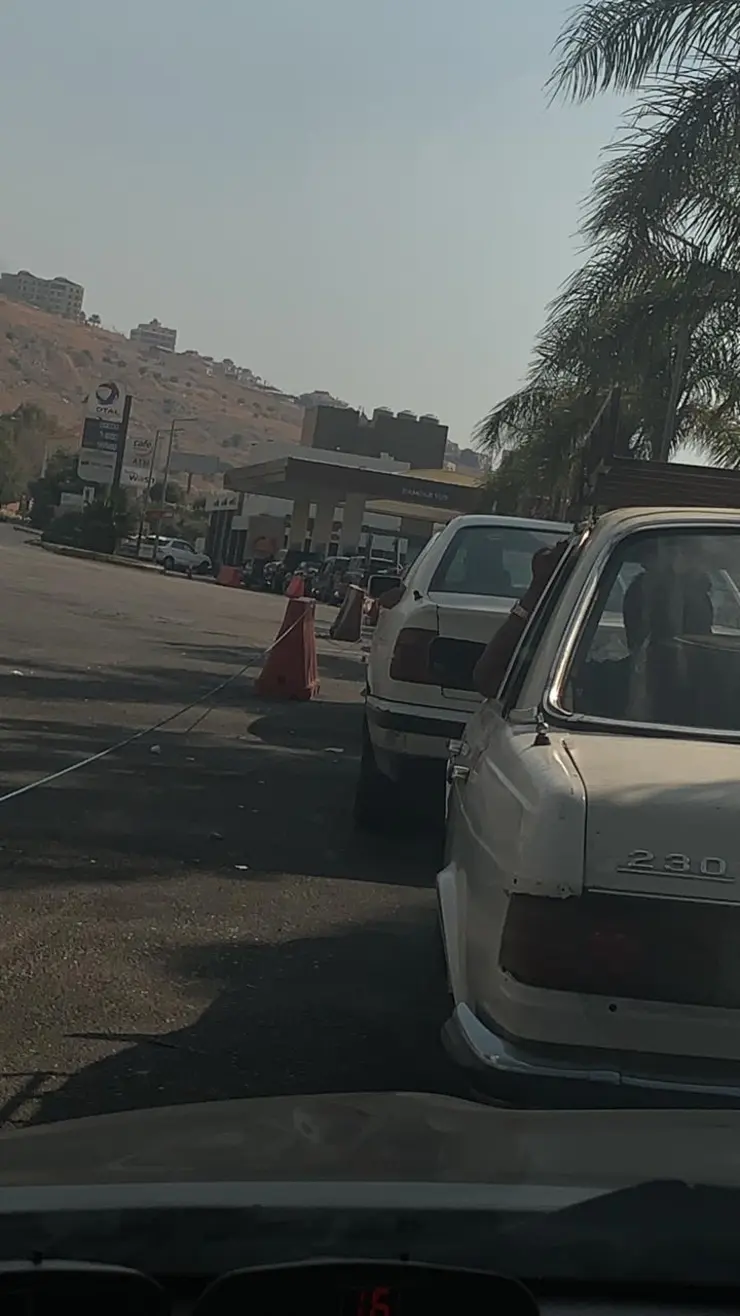
MESH-student Iris Albulet from University of Erfurt went to Lebanon during the summer semester of 2021. During her stay, the economic crisis exacerbated continously - get a glimpse into her life in Beirut and into the current situation:
"Did you ever spent 4 hours waiting in line for fuel at the gas station? Surely not the most enjoyable experience, yet most of my Lebanese friends are doing this every other day of the week. Some have to take the morning off work to be able to get gas. And to get a full tank is almost impossible, unless paying some extra money on the side. Meanwhile the price for gas rose, as the government lowered the subsidies they had implemented before.
There are traffic jams because of the queues in front of gas stations. People cannot use their cars in the night because the gas stations do not distribute gas in the evening. Fights happen in front of gas stations because some people try to cut the line – what would be a good argument for not being able to wait like everyone else?
And somehow we all – Lebanese and internationals – got used to it.
The reasons for the shortages and cuts are as complicated as they seem pointless. There is fuel waiting on tankers near the coast of Lebanon, waiting for the Lebanese government to pay dollars. Fuel is also smuggled to Syria to sell it there for a higher price. Some gasoline might also be hoarded by pump owners, waiting to sell it later at a higher price when the subsidies may be fully lifted.
All this in a country where all the economy and daily life depends on fuel. Bakeries, transportation, and electricity. Power cuts became so normal that the question these days is not if there are power cuts, but rather “at which hours in your building?”.
And yet despite the crisis, Lebanese people are being helpful, welcoming, and enjoying life whenever they can. From countless volunteers, NGOs, community projects and rebuilding efforts to family gatherings, summer barbecues, beach days and roof top parties (at least for those who can still afford it), the hospitality and resilience of the Lebanese people – you never really know what it looks like until you see it in person."